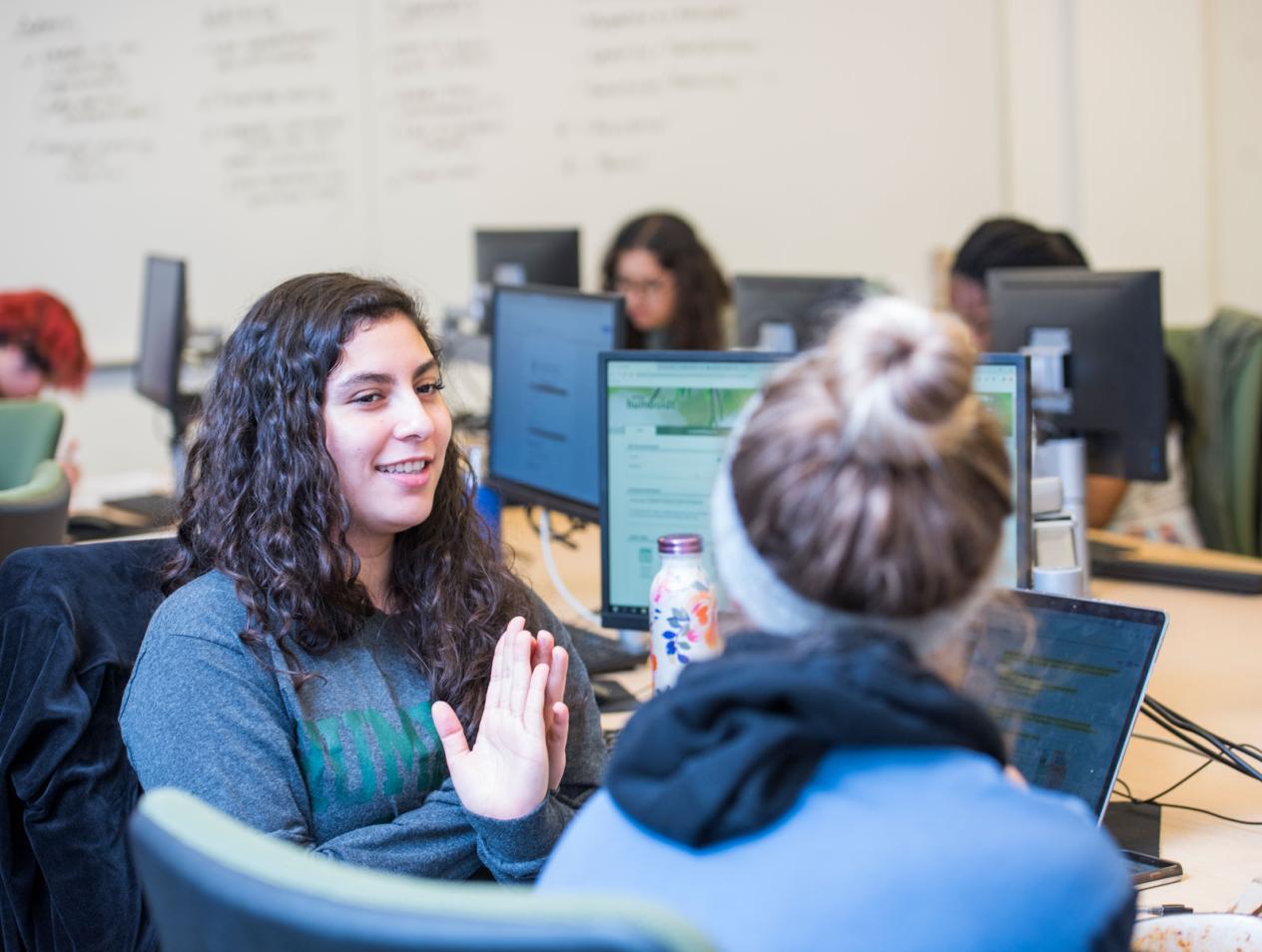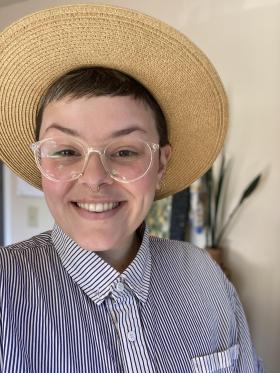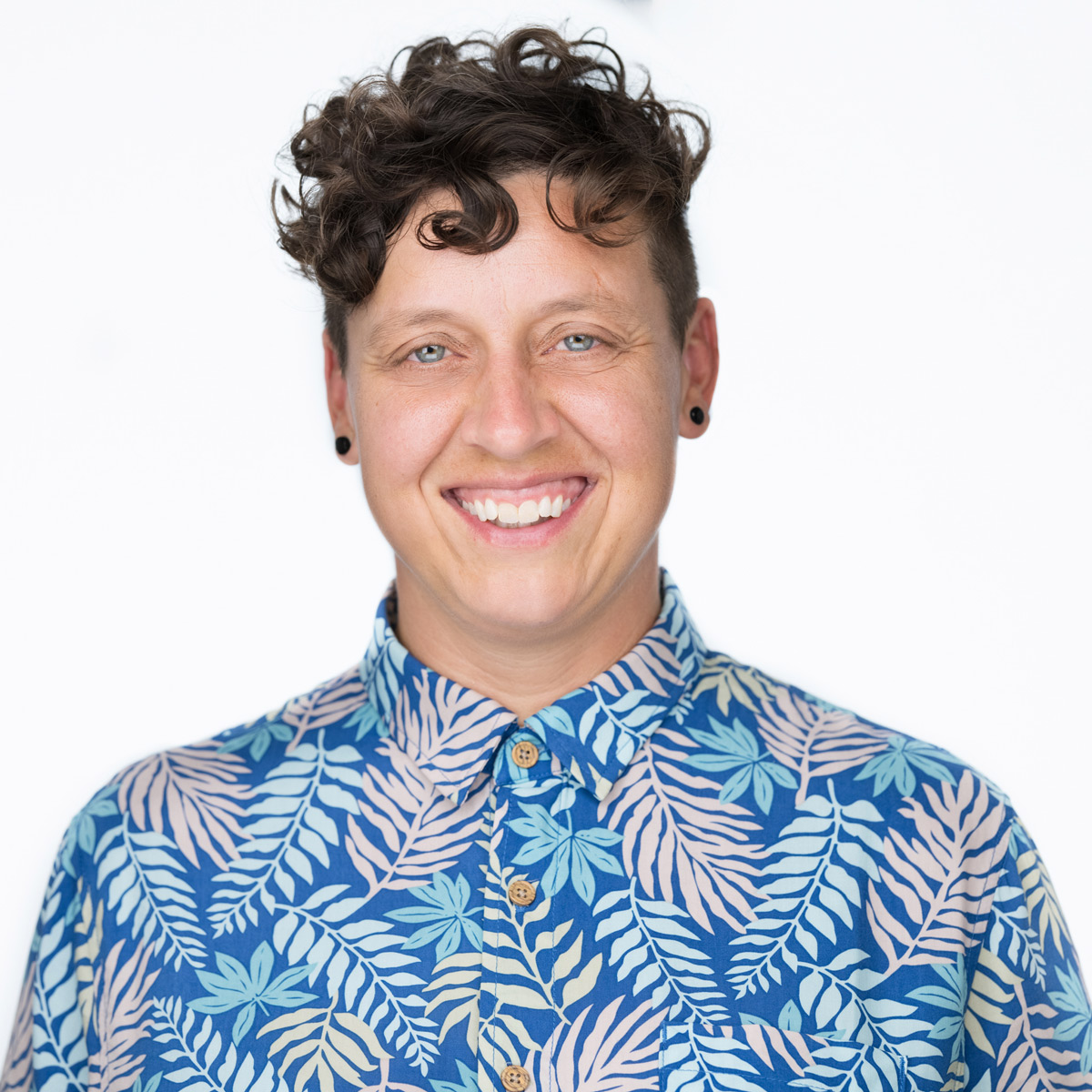Breadcrumb
Department of Critical Race, Gender & Sexuality Studies
The Critical Race, Gender & Sexuality Studies (CRGS) department encourages students to explore how race, gender, sexuality, class, and other identities shape our lives and society. Rooted in activism and social justice, CRGS blends Ethnic Studies, Women’s Studies, and Queer Studies in a dynamic, interdisciplinary department.
You'll gain tools to challenge inequality, think critically, and lead with purpose. Whether you're planning a career in education, law, health, social work, or community organizing—or aiming for grad school—CRGS prepares you to create meaningful impact in your community and beyond.
Bachelors Degree
Critical Race, Gender and Sexuality Studies B.A.
This interdisciplinary program analyzes how notions of race, gender, sexuality, nation, class, physical ability, and other aspects of social location materially influence people’s lives. You will take a common core of classes and choose an emphasis from the following:
- Ethnic Studies
- Multicultural Queer Studies
- Women’s Studies
Certificates
Place-Based Learning Community: Creando Raíces
As a CRGS freshman, you’ll participate in hands-on activities with your peers before classes even start and in some cases, have the opportunity to live in the same residence halls with your peers. CRGS students will join three other departments for Creando Raíces, which focuses on community organizing and ethnic studies, deepening an appreciation and awareness of justice and liberation.
Experiential Learning
Along with hands-on scholarly research and activism, you will engage in innovative theoretical and empirical work. Your collaborative work will advance and enrich current knowledge and critical dialogue about culture, politics, and public policy on local, global and transnational levels.
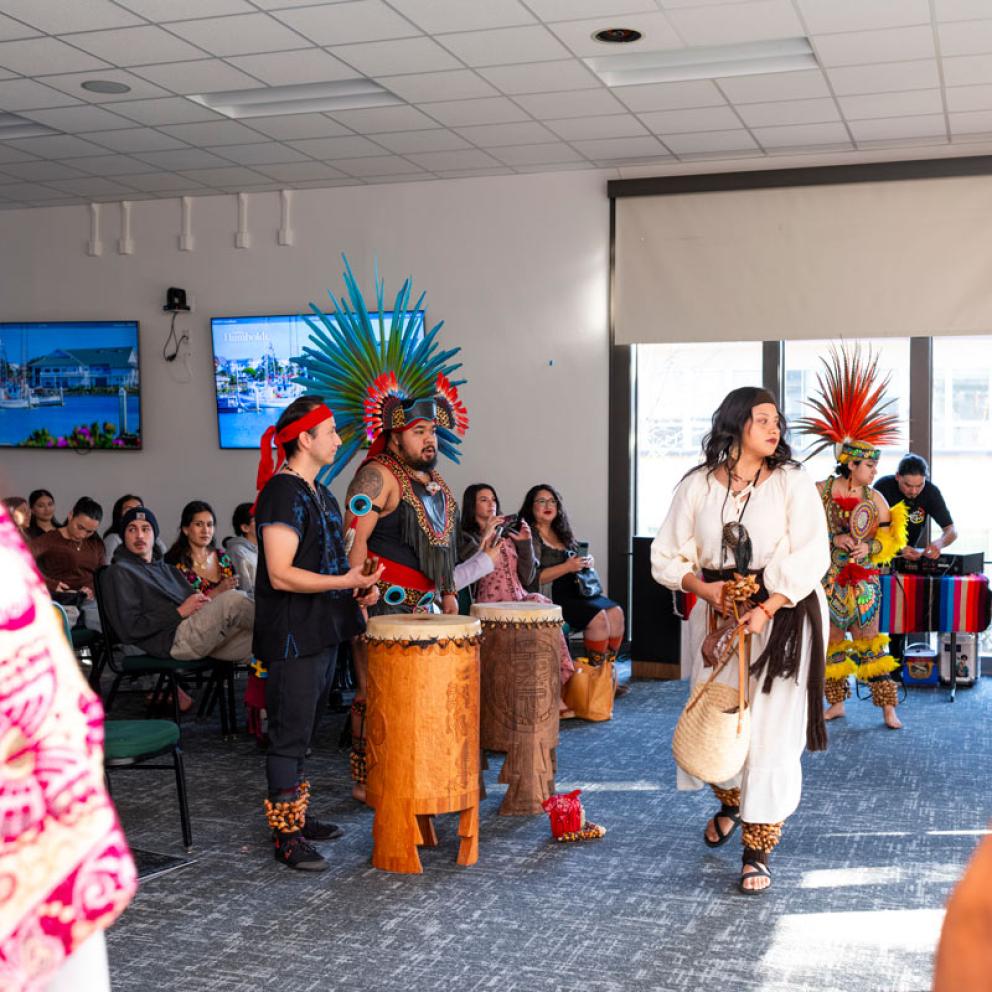
CouRaGeous Cuentos
A Journal of Counternarratives
Our student-run journal includes creative writing and essays, and is published annually online and in print.
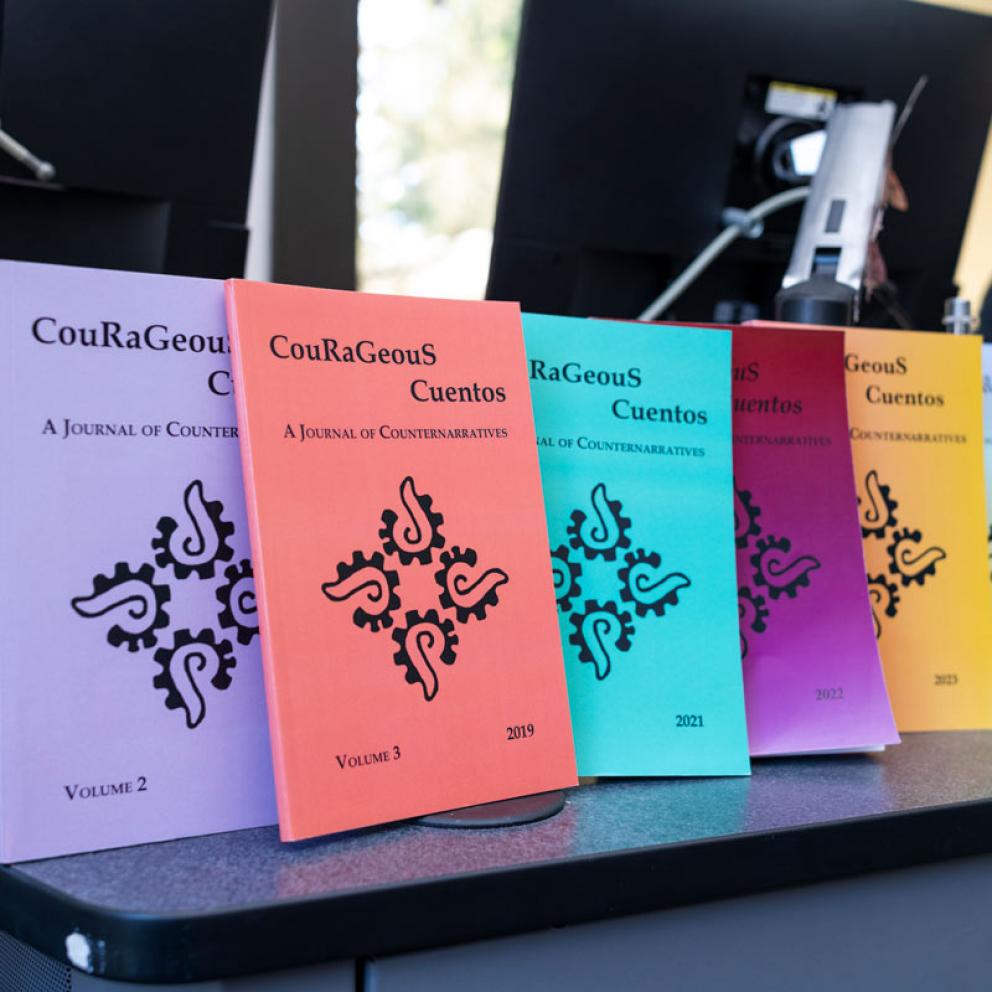
An Intersectional Approach
We draw on intersectional lenses that will enable you to:
- See connections and opportunities between fields
- Understand multiple perspectives
- Excel in a variety of work environments
- Model cultural competencies
- Be engaged citizens who aim for transformative change
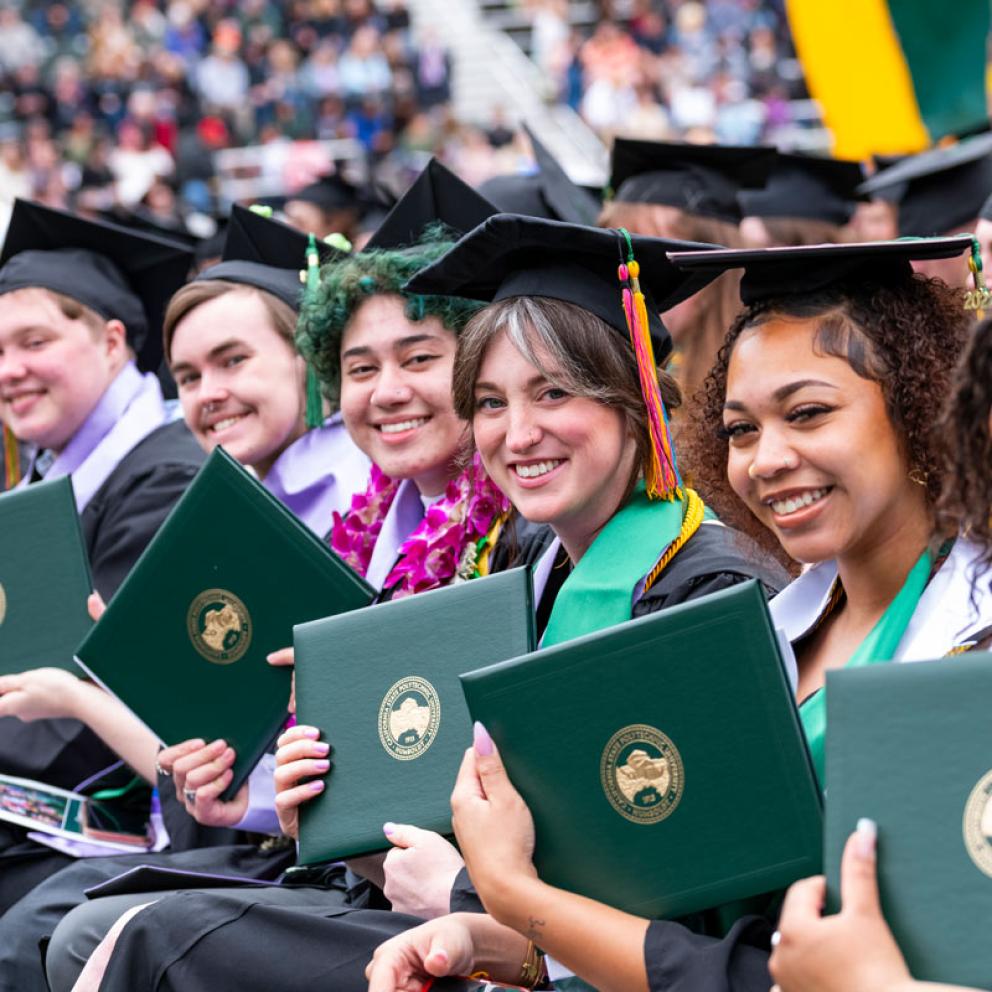
Career Options
Our curriculum foregrounds dialogue and active learning. You will gain strong communication and leadership skills throughout this program.
Graduates will be prepared to enter fields like politics and government, law, business, social services, activism, community organizing, as well as graduate school.
Here are a few examples of possible career fields.
- Education
- Community Organizing
- Social Work
- Government & Public Policy
- Social Services
- Violence Prevention
- Counseling
- Law
- Health Care
- Journalism
- Marketing and Business
- Broadcast and Social Media
- Human Resource
- Non-profit Organizations
Featured Alumni
Stephanie Murillo and Mónica Elivier Sánchez González
Critical Race, Gender & Sexuality Studies
Stephanie Murillo was selected from a group of undergraduate students to participate in the Summer Research Immersion Program at the University of Guanajuato in summer of 2025. The program provided academic training, professional development, and mentorship in scientific and social research while simultaneously adapting cultural immersion. The objectives of this program were to advance research skills by conducting an eight-week project, produce scholarly work, engage in international collaboration, develop cultural and social insight, and integrate research into career goals. This published work is the result of Stephanie Murillo's time abroad and we are happy to share her published work with the University.
Captive Bodies: Overmedication as Structural Violence Against Women by Stephanie Murillo
Christina Hsu Accomando
Critical Race, Gender & Sexuality Studies
Macmillan Learning invited Professor Christina Hsu Accomando, editor of Macmillan's textbook Race, Class, and Gender in the United States: An Intersectional Study, to present a webinar for their international Holtzbrinck Global Speaker Series this year. "From Current Events to Critical Thinking: Analyzing Systemic Racism Beyond Memes," January 30, 2025.
Christina Hsu Accomando
Critical Race, Gender & Sexuality Studies
CRGS and English Professor Christina Hsu Accomando co-authored two essays on authoritarianism and resistance with Dr. Kristin J. Anderson, professor of psychology at the University of Houston. These pieces build upon lessons from Timothy Snyder’s On Tyranny: Twenty Lessons from the Twentieth Century, focusing on Lesson 1: Do Not Obey in Advance and Lesson 10: Believe in Truth.






